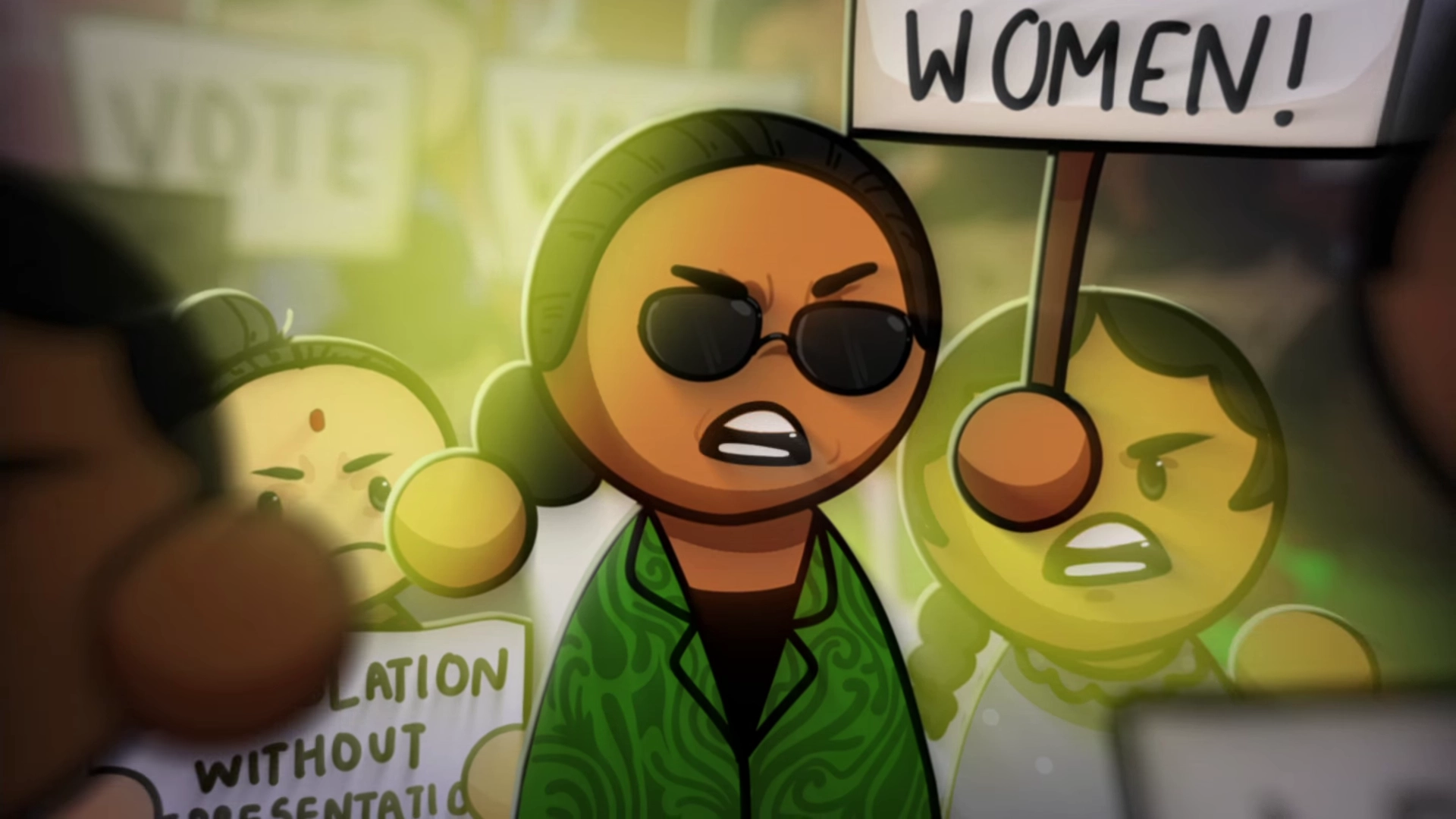Patta History Power in Paradise
Patta History Power in Paradise
Explore Sri Lanka's political evolution from colonial resistance to modern governance. This three-part animated series reveals how power dynamics shaped the island nation through stunning visuals and compelling narratives.
“The ultimate test isn’t building the system. It’s building a system that builds systems.”
⚡ The Final Form
Political History was the test of everything we’d learned. Could we take our hard-won lessons from Economic History and transform them from firefighting tactics into a sustainable system? The answer came in the form of Forge.
🎯 The Innovation
What is Forge?
We built our own storyboarding system. After watching our previous system collapse under Economic History’s load, we knew third-party tools wouldn’t cut it. Forge was born from that necessity, designed specifically for bilingual concurrent production.
⚙️ The Machine 2.0
The new pipeline centered around Forge, compressing what was once a full post-production translation process into a tight 4-day sequence:
- English storyboard confirmation
- Immediate frame translation to Sinhala
- Parallel processing of both versions
- Synchronized quality control
- Cinema-standard output pipeline
🔥 Why It Works
Previous iterations of our pipeline were about speed. This one was about precision and flow. Forge transformed the translation process from a post-production bottleneck into an integrated part of the pipeline:
- Translation follows immediately after English approval
- Both versions move through pipeline just days apart
- Shared resource utilization across languages
- 4-hour turnaround on emergency fixes
- Systematic rather than heroic solutions
🚀 The Edge
Political History didn’t just evolve our process - it redefined our technical standards:
- 10x increase in quality (10GB → 100GB per episode)
- Professional MXF pipeline integration
- Broadcast-ready archival standards
- 4-day language processing gap
- Foundation for cinema delivery
The move to MXF workflow and dramatic increase in file sizes weren’t just about bigger numbers - they represented our transition from web-focused content to true broadcast standards.
🔥 New Frontiers
The leap in quality exposed new technical horizons:
- Storage demands jumped 1000% from original PH episodes
- Proxy render times strained existing hardware
- Processing power became critical bottleneck
- Network infrastructure challenges emerged
- Archive management complexity increased
Each gigabyte represented not just higher quality, but new technical challenges to solve. When a single episode demands 100GB of precise, broadcast-ready data, every system gets tested.
✨ Impact
Political History proved something crucial: systematic solutions beat heroic efforts. While our previous projects succeeded through extraordinary individual efforts, this one succeeded through process. It’s the difference between running fast and building a vehicle.
🔓 Unlocked Capabilities
- Concurrent bilingual production
- Cinema-standard output pipeline
- Systematic error detection
- Emergency edit protocol
- Foundation for future automation
🎯 Next Horizon
The hardware limitations we hit aren’t problems - they’re signposts. They show us exactly where we need to go next: distributed processing, optimized rendering, and even more automation. But most importantly, they show us that our bottleneck is no longer human or system - it’s pure computing power.
Built at The Nescius 🎨
